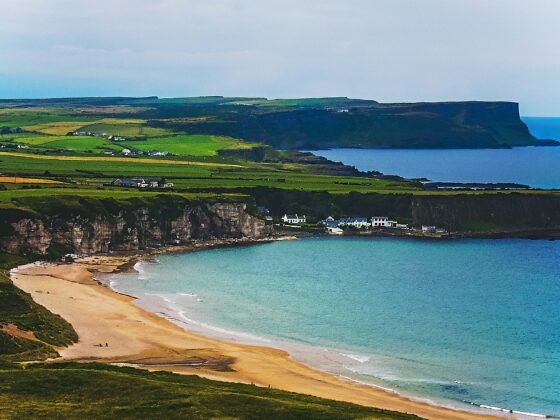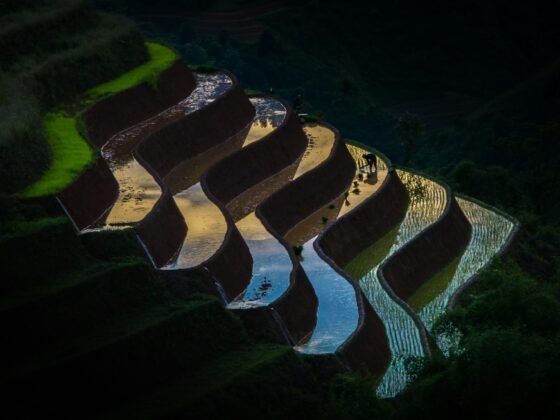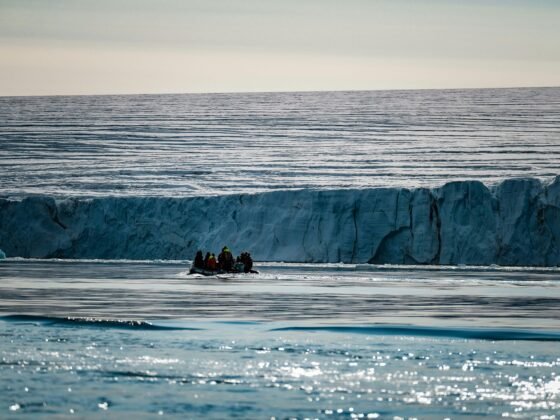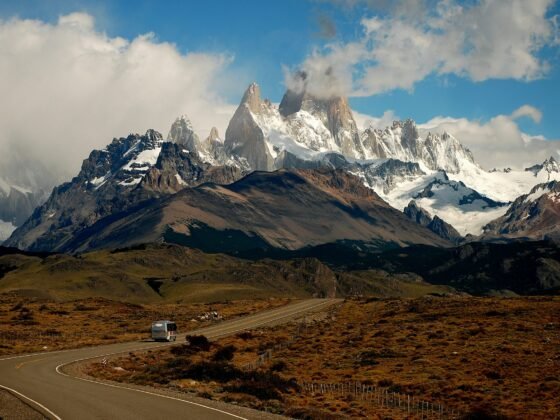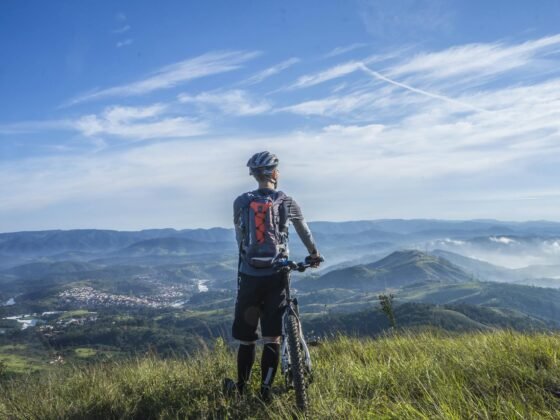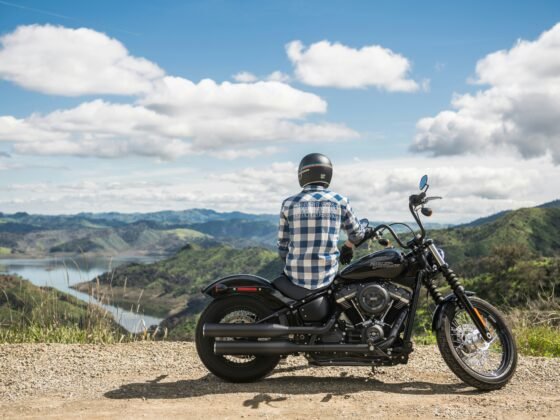Have you always wanted to trek to Everest Base Camp (EBC)? This is an exhilarating and life-changing experience.
For many, it’s the ultimate adventure, a chance to walk in the footsteps of mountaineering legends and witness some of the most breathtaking landscapes on Earth. However, this journey is not without its challenges.
To ensure a safe and enjoyable trek, thorough preparation is essential. Here are the key considerations to keep in mind before setting off on this iconic trek.
Physical fitness and training
The trek to Everest Base Camp requires sustained physical effort, often at high altitudes where oxygen levels are lower. It’s important that you build your physical fitness before attempting the climb.
Understanding the effects of high altitude on your body is one of the most important considerations. Acclimatisation hikes at higher elevations before the trek can help your body adjust to lower oxygen levels. It’s also beneficial to know the symptoms of altitude sickness and how to manage them.
Regular hiking also helps build the muscles used during the trek and prepares you for walking several hours a day. Try to incorporate hikes with different terrains and elevations to simulate the conditions you’ll face on the trek.
To build cardiovascular endurance, incorporate aerobic exercises such as running, cycling, and swimming into your routine. These activities improve lung capacity and stamina.
You’ll also need strong legs and core muscles so that you can navigate the uneven terrain and varying elevations. Build strength by focusing on exercises like squats and lunges. A strong core helps maintain balance and reduces the risk of injury.
Gear and equipment
You’ll need to dress appropriately and make sure you have the right equipment.
- Clothing
Pack layers so that you can handle the varying temperatures. Base layers should wick moisture away from the skin, insulating layers provide warmth, and waterproof outer layers protect against wind and rain.
- Footwear
Invest in sturdy, comfortable hiking boots with good ankle support. Break them in before the trek to avoid blisters and pair them with moisture-wicking and cushioned socks to keep your feet dry and comfortable.
- Backpack essentials
Invest in a quality backpack that distributes weight evenly. Key items to pack include trekking poles for stability, water to ensure you stay well-hydrated, and a multi-tool for any repairs.
Carry a first aid kit with essentials for treating minor injuries and illnesses too. A map and compass are important navigation tools, and a headlamp is useful for early starts or emergencies.
Understand the route
The classic route via Lukla is the most popular, but there are alternatives such as the Gokyo Lakes trek, which offers stunning scenery and fewer crowds. Researching the routes helps you understand where your guide will take you on your trek.
Typical trekking days involve walking 5-7 hours, covering distances of 10-15 kilometres, with significant elevation gains. Understanding these demands helps in pacing yourself and planning rest stops.
Accommodation and food
You’ll stay in teahouses or lodges that offer basic but comfortable accommodations. Meals typically include local dishes like dal bhat (lentil soup with rice) and other carb-rich foods to keep your energy levels high. When you book a guided trek to Everest Base Camp, accommodation and food is typically included.
Health and safety
At high altitudes, trekkers can be affected by acute mountain sickness (AMS). Symptoms include headaches, nausea, and dizziness. To prevent this or reduce the impact of symptoms, a gradual ascent, avoiding alcohol, and staying hydrated are all recommended. If symptoms worsen, you’ll need to descend to a lower altitude.
It’s also important that you’re up to date with necessary vaccinations before you travel. Common vaccinations include hepatitis A and B, tetanus and typhoid. Go for a pre-trek health check-up to make sure you’re fit to climb, too.
Take out comprehensive travel insurance that covers high-altitude trekking and emergency evacuation. This can be a lifesaver in case of serious illness or injury.
Trekking to Everest Base Camp is an unforgettable adventure. By preparing thoroughly and respecting the local culture and environment, you can ensure a safe, rewarding, and very special journey.






